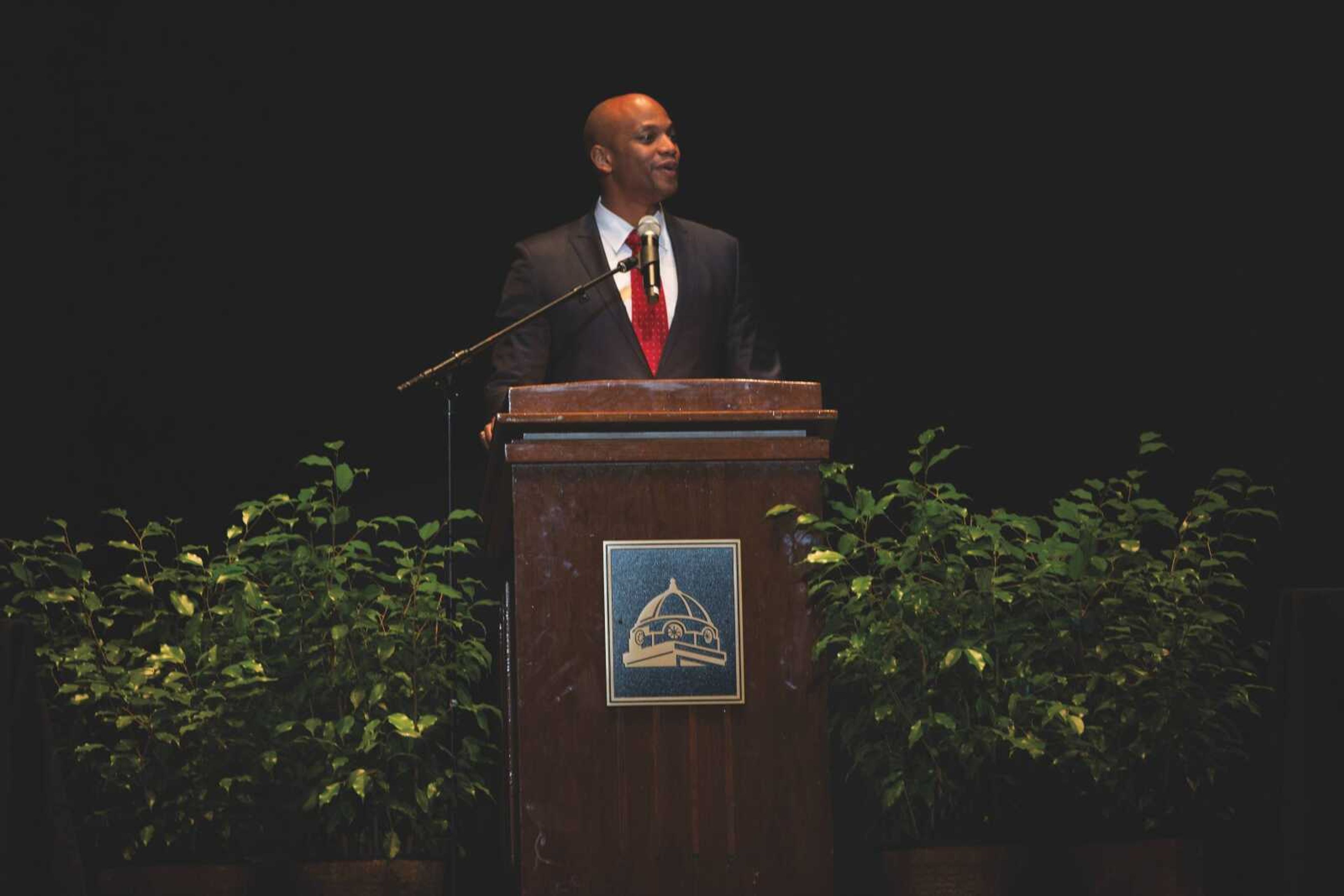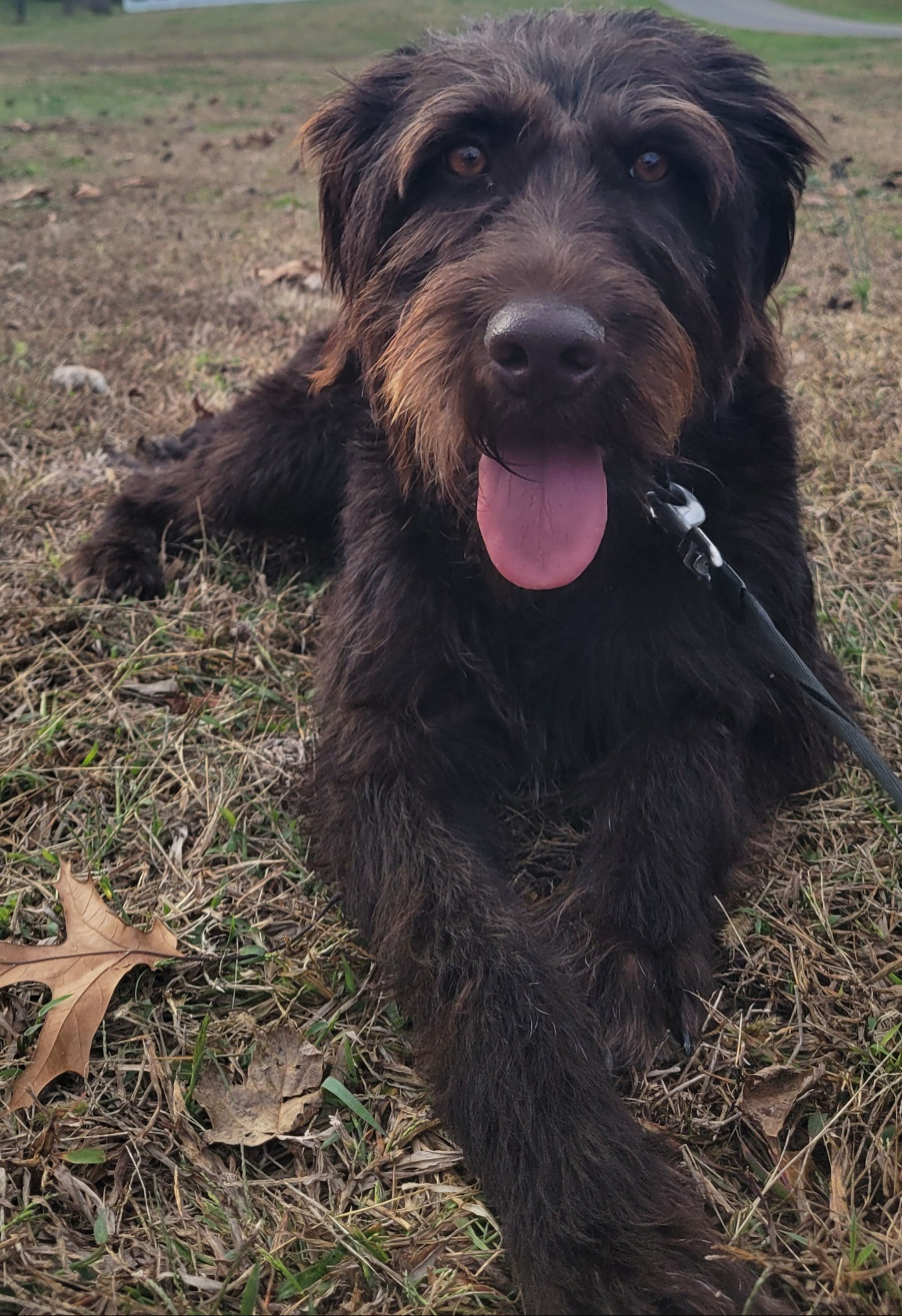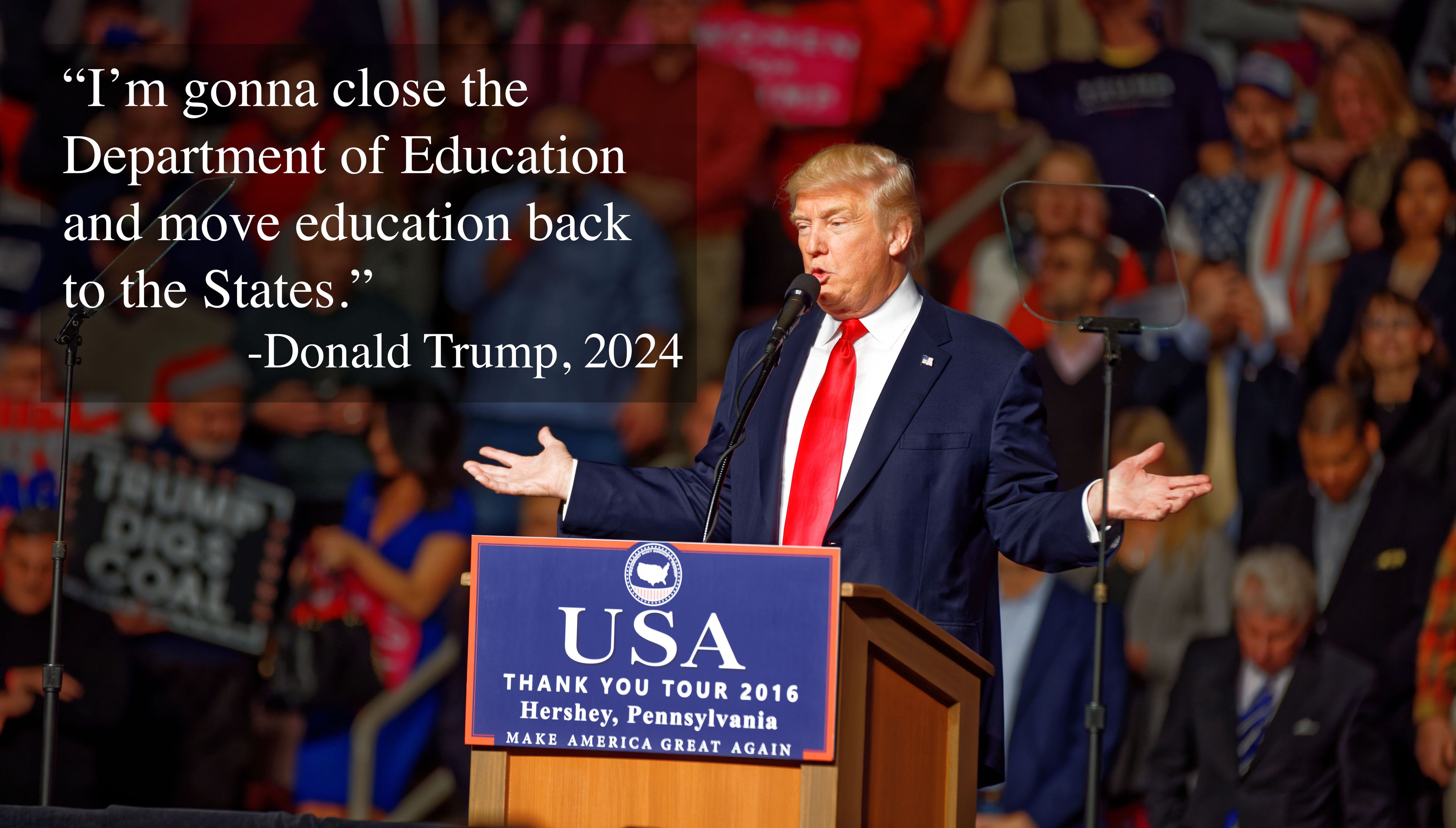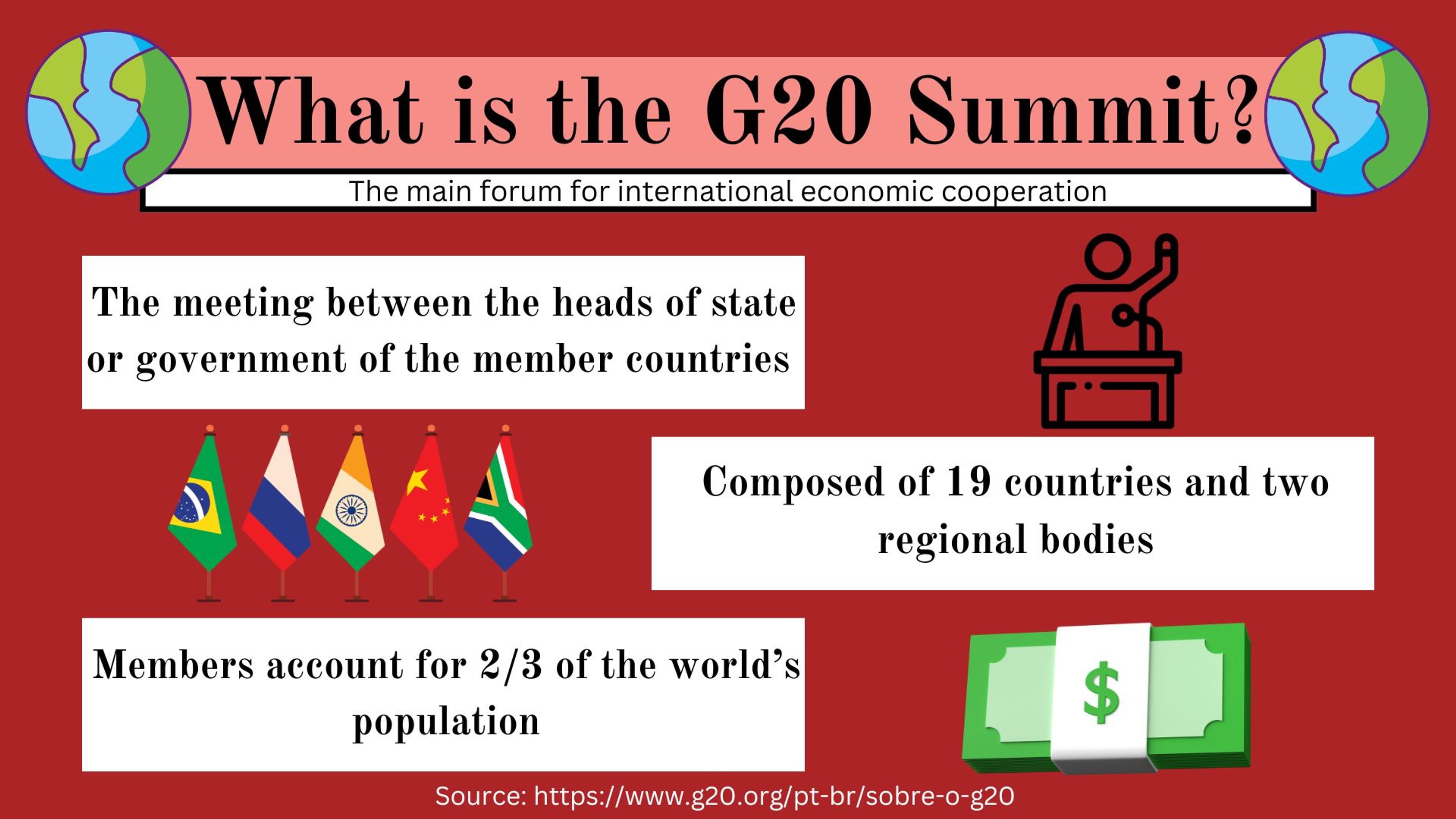Southeast presents tenth annual Martin Luther King Jr. Celebration Dinner
The Martin Luther King Jr. Celebration Dinner has been an annual event at Southeast Missouri State University since 2006 when King's oldest son, Martin Luther King III, came to the university as a keynote speaker. Ten years later the event has continued to grow, with this year's keynote given by Wes Moore -- an author, war veteran and philanthropist, among other things...
The Martin Luther King Jr. Celebration Dinner has been an annual event at Southeast Missouri State University since 2006 when King's oldest son, Martin Luther King III, came to the university as a keynote speaker. Ten years later the event has continued to grow, with this year's keynote given by Wes Moore -- an author, war veteran and philanthropist, among other things.
"To President [Carlos] Vargas, we had a fantastic conversation at dinner and I'm a firm believer that when you watch organizations that are doing something extraordinary, that leadership must come from the top and I see that it does here," Moore began. "So thank you so much for your leadership and for the invitation here as well. By the way to the folks who did that video, y'all are awesome. Seriously that video was so well done ... and the concept was so well done. I wanna see if I can borrow those booths and just bring them around the country, 'cause I know there's a whole lot of places in this country where we could use some "Ask a's" and let folks just go ask the questions."
The video Moore referenced is "The Talking Booth," which can be found on Southeast's Vimeo account and its Facebook page, and was shown at the dinner before his keynote speech. The almost 15 minute video has been circulating on social media and has started a discussion that Moore decided to acknowledge.
"You all understand the truth in that if we're not willing to have conversations, then we're not willing to make progress," Moore said. "If we're not willing to challenge ourselves, then we're not willing to improve ourselves. If we're not willing to step out of our comfort zone, then we aren't serious about watching our communities become stronger. So I want to personally thank you all for taking a lead on that and giving us all an example of what it means to step out of a comfort zone, but know that where you'll come out of it will be a better place."
Moore then thanked the STEP UP Leadership Academy members, who performed earlier in the evening with a dance and step routine.
"Y'all were great man, y'all had me going back to my Alpha days," Moore said. "I wanted to get up there and step with y'all, but I was going to tear an ACL or something if I got up there and did it. But not only are you all extraordinarily talented, you're fired up and motivated, and having you here is a clear reminder that tonight would not have been right if you weren't here, so thank you very much."
He also thanked the co-chairs of the planning committee, Dr. Morris Jenkins and Tameika Morris, and then shifted the focus to the man the celebration commemorates.
"I am really, truly, greatly humbled to be here and particularly thrilled to come speak about the word and life and the contributions of my fraternity brother and also a true angel, and that's Martin Luther King Jr.," Moore said.
He pointed out that King was someone who had no time for people who spoke but did not take action, and that college students especially should follow that example. This became an important theme of the speech.
"Remember that the most important question you will be asked is not necessarily, 'What's your major?'" Moore said. "The most important question you're going to be asked is not necessarily, 'What classes are you taking?' or, 'What're you gonna do with that?' The most important question you're going to be asked is, 'Who will you choose to fight for?' Who will you choose to stand up for when it's not easy? Who will you choose to advocate for when it's not convenient or politically expedient? Who will you choose to stand shoulder to shoulder with when it might just be you two standing there at first, but you're doing it because it's the right thing to do and you're doing it because it's all you've ever been asked to do, is simply do the right thing."
This later was followed up with examples of groups or causes to fight for, like cultural minorities, the environment, religious groups, members of the LGBT community and more, all which Moore described as, "the others." He challenged the people in the room to find what cause they are passionate about and dedicate their entire life to helping it.
"Fight for the others," he said.
Moore spoke of King's life, his own life, his time in the war, the process of publishing his book and even brought up Southeast's #WillToDo campaign. He said he noticed on a sign that it said, "We can't wait to see what you're going to do," and that struck true to him.
"They know that your contribution starts here, but it should not end here, that that question of what is your major is one that will come and it is a question that will go, but that bigger question of 'Who is it that you will choose to fight for?' -- that's the one that will stick with you forever. That's the one that will define you, long after you're gone, because you must live a life where your work lives on longer than you do, where your impact lives on longer than you will. And when it comes to who it is that we will choose to fight for, what this institution asks and what Dr. King hoped for, is that your answer would be, 'I'm gonna fight for the others.'"
The speech and entire evening were given a standing ovation by the several hundred people in attendance.
Southeast also will hold events in February for Black History Month, including hip-hop artist, actor, film producer and poet Common as a part of the University Speakers Series on Feb. 23. View the list at semo.edu/mlk/events.html.




